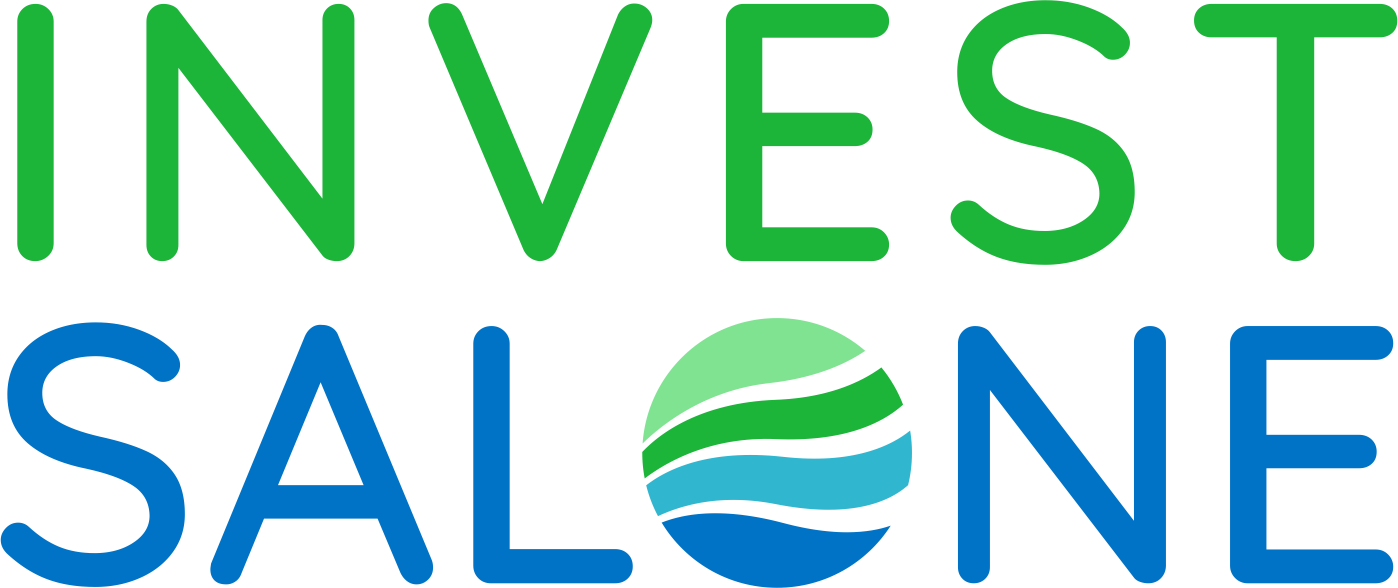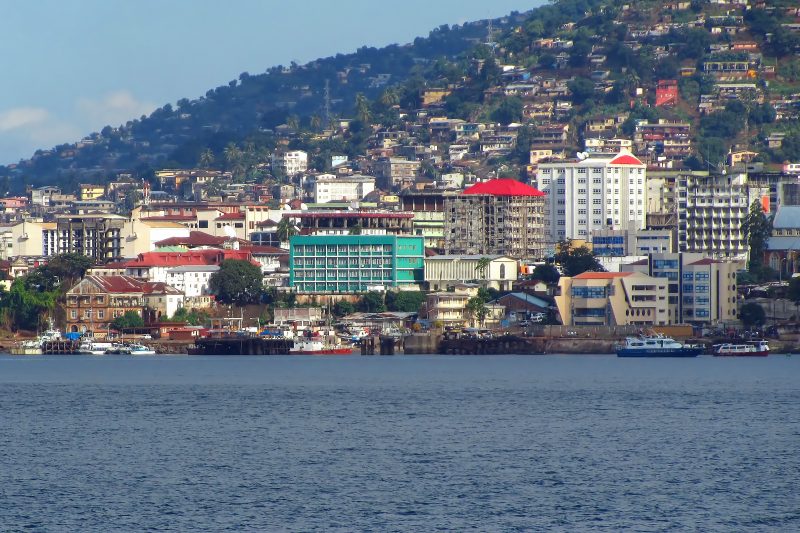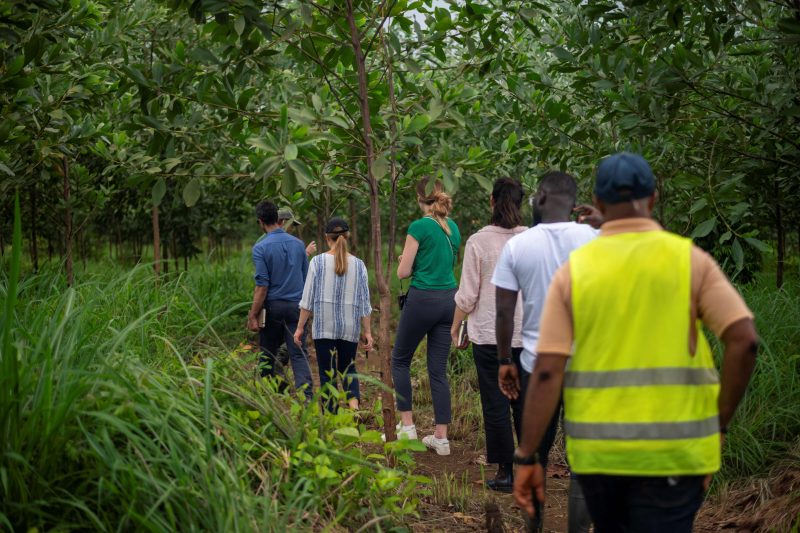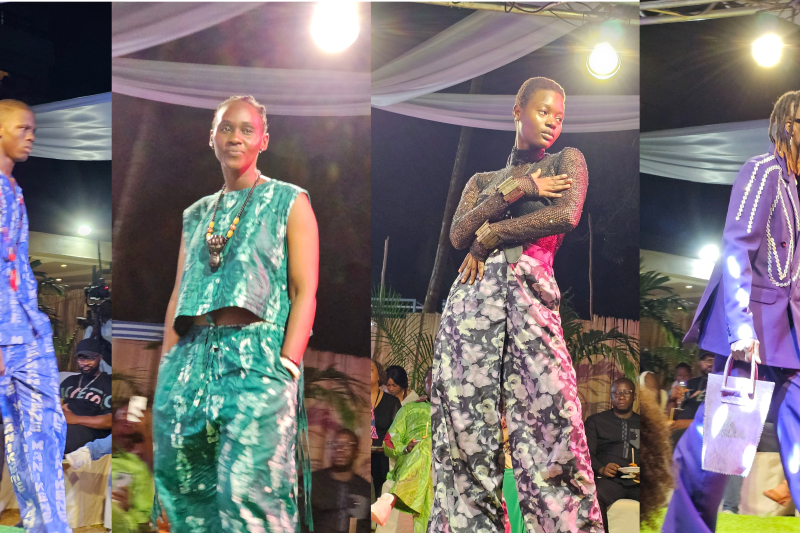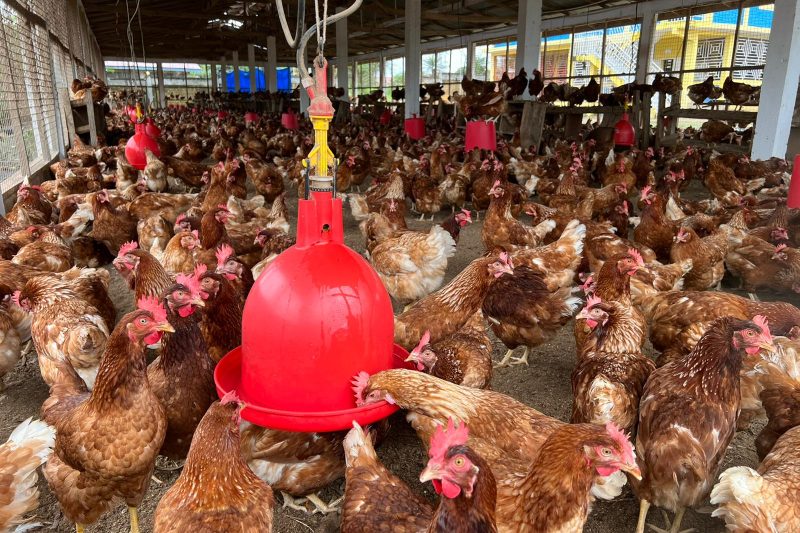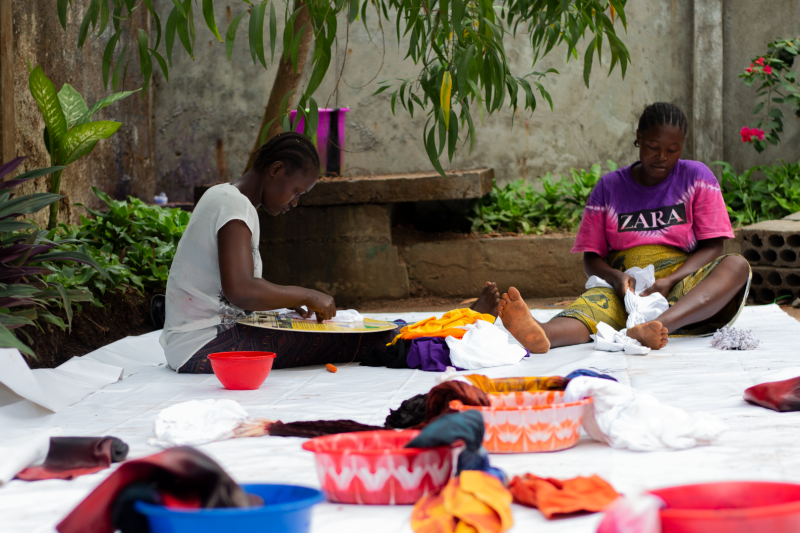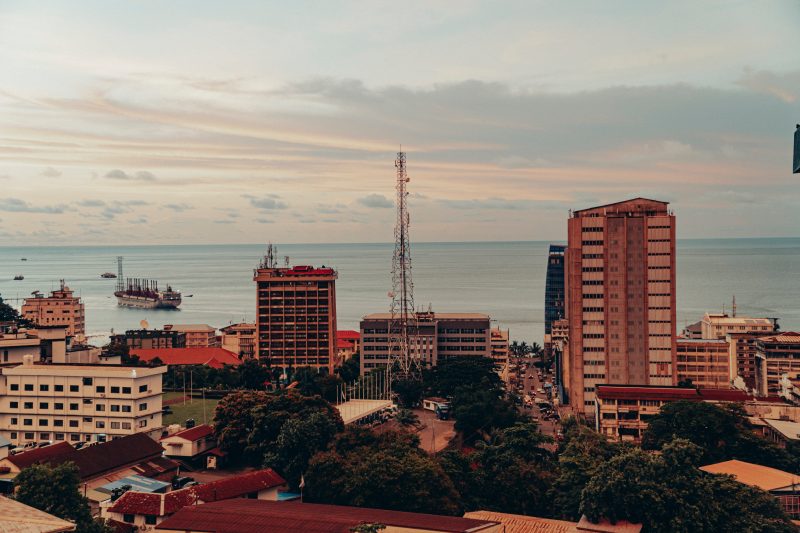Invest Salone’s Made in Salone series continues with a look at how domestic businesses are adding value to local agricultural produce and, in the process, meeting Sierra Leone’s demand for essential products and improving livelihoods for farmers and farming communities.
Launched in February 2023 by Invest Salone, Made in Salone showcases market development, structural socio-economic change and job creation in key industries throughout the country.
Like many other commodities, agricultural products in their unprocessed form fetch lower prices on the world market. Through a series of interviews with business owners, farmers and employees, the Made in Salone series tells the story of how two Sierra Leonean companies – Jolaks and Sierra Bo Garri – have invested in modern processing methods to add value to local agricultural produce. The series’ videos demonstrate how this boosts revenue and profits, lifts smallholder farmers into higher value supply chains and creates more productive jobs.
Developing the capacity of palm oil out-growers
Jolaks Manufacturing Ltd., Sierra Leone’s largest palm oil refinery and saponification plant, is part of the PeeCee and Sons Group – a regional distribution and marketing company. Jolaks purchases crude palm oil (CPO) from national and regional suppliers and refines it into vegetable oil and soap for the local and export markets. There is also a ready export market for the by-product of the refining process, a hardening agent called stearin, which is used in 80% of the world’s cosmetic products.
“Earlier, PeeCee and Sons imported these products from Indonesia and Malaysia; now we produce locally for the market,” says Shoheb Panjwani, General Manager at Jolaks.
Smallholders provide only around 10% of Jolaks’ requirements, but developing their capacity is part of the firm’s long-term strategy to ensure a good local supply of oil palm fruit. Invest Salone will be supporting Jolaks to achieve this goal through its Compete Salone grant facility.
The challenges faced by the out-growers in producing and transporting CPO are significant. As well as lacking agricultural inputs, they find it hard to source containers and the means of transport to get the CPO to the point of sale. Without mechanisation, they rely on the traditional method of producing CPO by hand, which is labour-intensive with a very poor return for the effort involved. Jolaks supports these out-growers by providing empty containers and accessible collection points and by paying cash on delivery. Jolaks also buys the palm husks from them, which are used to power the refinery’s steaming machines.
Cassava firm promotes inclusive job creation
Based in Bo – the centre of Sierra Leone’s cassava-growing region – Sierra Bo Garri was set up to address food security in Sierra Leone by reducing the country’s dependence on rice. Rashid Conteh, the company’s founder and CEO, says: “I decided to industrialise cassava and cassava processing in this country to address three things – food security, job creation and wealth creation.”
The firm operates a state-of-the-art cassava processing plant which has the capacity to process up to 16 tonnes of cassava per day to produce garri and other cassava-based products. Most of the cassava used by Sierra Bo Garri comes from its own farm, which is run along modern industrialised methods. The farm is used by Njala University and the Sierra Leone Opportunities Industrialisation Centre as a work-experience placement for its students.
Sierra Bo Garri also works with 1,200 out-growers and provides agricultural inputs and training to improve the quality and quantity of the cassava harvests. “It’s about capacity building and teaching modern agronomic practices so smallholders can improve their productivity,” explains Conteh. “And if their productivity improves, they will realise more from their farms.”
Another key aspect of domestic agri-processing is its potential for inclusive job creation. Women represent 70% of Sierra Leone’s agricultural labour force and play a central role in the country’s agricultural production and processing.
Reflecting this, 70% of Sierra Bo Garri’s employees are women. Jolaks is also a female-friendly employer – overall, 45% of its employees are women and at the company’s saponification plant, where soap is produced, women make up 80% of employees
Facilitating investment in agriculture is an important part of Invest Salone’s work to encourage economic diversification in Sierra Leone. Invest Salone does this through a combination of analysis and evidence for policy and regulatory reforms, and technical assistance and activities to increase public awareness of the importance of a conducive business environment.
Watch the Made in Salone videos here.
